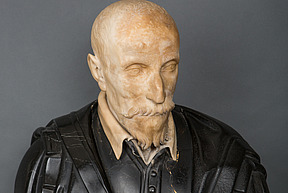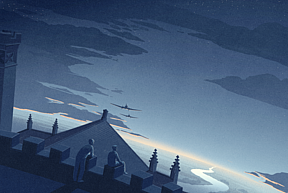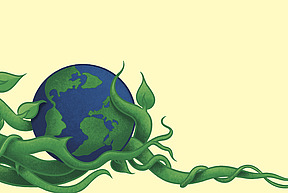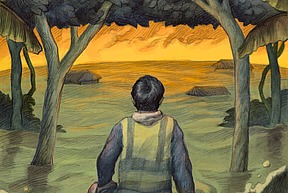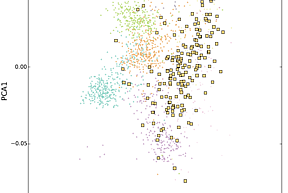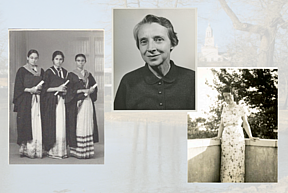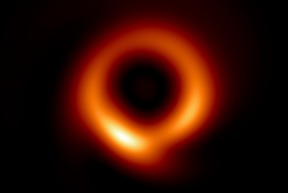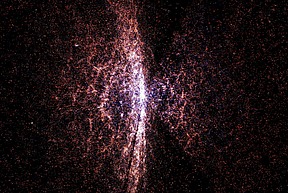The Institute Letter Spring 2023
Uncover how climate change and climate migration were exploited for profit at the Qatar World Cup. Explore how the combination of ancient DNA analysis with archaeological and historical approaches is revolutionizing knowledge of prehistoric population change. Trace “lost” scholars within the Institute’s archives. Fall into Alice’s rabbit hole and explore how individuals, as avatars, form communities in 3D virtual worlds. Follow a Baroque bust as it journeys from Rome to IAS and back again. Consider what it looks like to live in and beyond climate crisis. Read the latest research news covering everything from black holes to galaxy clusters; an excerpt from the IAS reading list; and interviews with scholars Sophie Lund Schrøder (Natural Sciences) and K-Sue Park (Social Science).
Click here to view the PDF.
